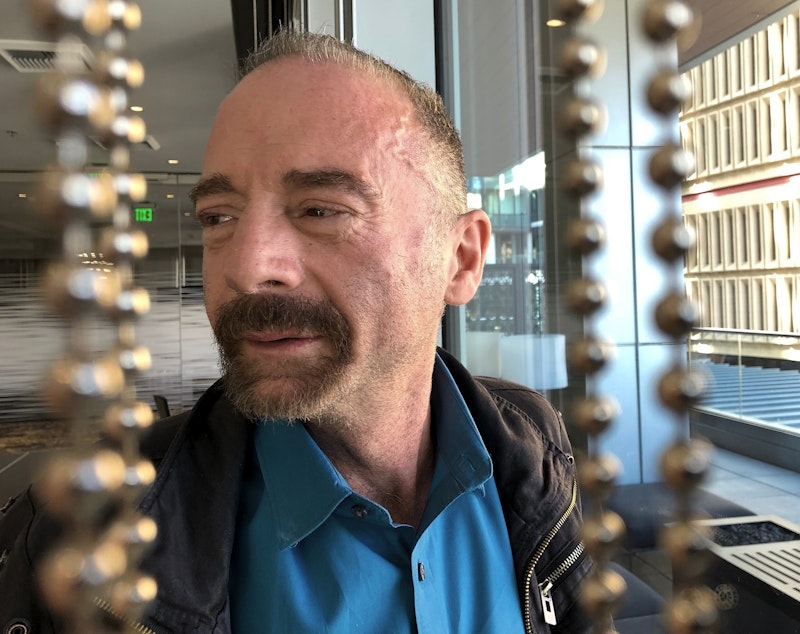A second patient 'cured' of HIV. But consider what it took

The news that a British man has been functionally cured of HIV created buzz at a conference on HIV/AIDS in Seattle.
But that news was tempered somewhat given what it took for the man to go into remission. He had developed cancer and received a bone marrow transplant with stem cells that ultimately proved resistant to HIV.
Such transplants are dangerous, even life-threatening, and have failed in some patients.
The British patient is the second case of someone's body resisting HIV. The first was the so-called British patient, a Seattle man named Timothy Brown who became resistant 12 years ago.
At the conference in Seattle, Dr. Andrea Cox, an immunologist and professor at Johns Hopkins University in Baltimore, said the British patient's story is an outstanding example of the potential for a cure. But she said his was also an unusual circumstance.... and that the treatment is not practical for her patients with HIV.
“It’s too risky for the general population,” Cox said. "What we’d really love is to have a strategy where we can cure people with HIV without putting them in a life threatening situation.”
Sponsored
The research presented today at the Seattle conference brings us closer to that outcome, Cox said.
Dr. Jared Baeten, a professor of global health at the University of Washington, said this case is a reminder of how far HIV research has come since the 1980s.
“We now have tremendous treatments that are easy to take, with low side effects," Baeten said. "People lead completely normal lives."
When people take the medicine that keeps HIV at bay, they are not able to pass the virus to others, he said. "And for people at risk for HIV there are medications they can take that will keep them HIV free."
Beaten thinks the London case is instructive, motivating and hopeful. But with only two cases of people who have been cured of HIV — and the British patient has been 'cured' just 18 months — he said it’s too soon to tell where this might lead.




